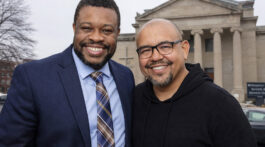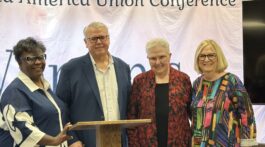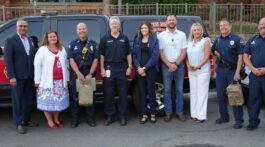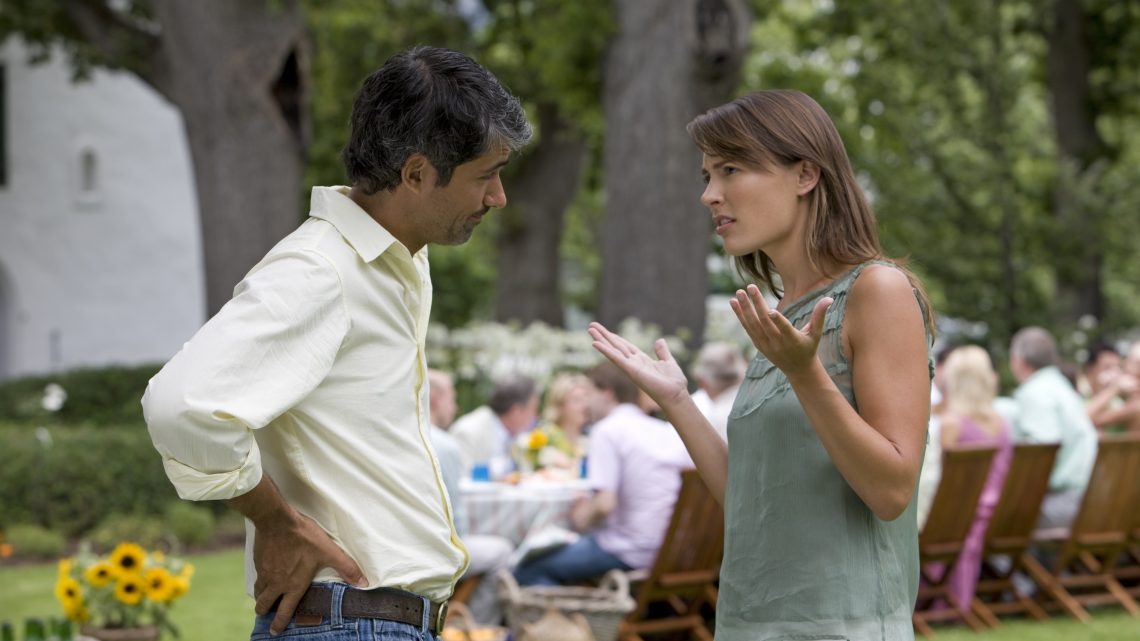No one in Seventh-day Adventist churches, besides the pastor, has more influence than an elder. Who better, then, to provide insight into the best ways to support our pastors? With that in mind, OUTLOOK editor Martin Weber asked each president of Mid-America’s six local conferences to select two elders—one from a larger church and another from a smaller church—who represent the excellence and spirituality of their calling. Eleven responded to our request for an interview. In this nine-part series, these elders share their wisdom on how to make pastoral appreciation a practical, year-round experience in our churches.
OUTLOOK: All families have relational struggles, including the family of God. Church conflict may place pastors in opposition to their members. Elders often serve a vital role as peacemakers. Share one bit of advice for your fellow elders in resolving such potentially explosive situation.
Nigel Abrahams (Lifesource Adventist Fellowship, Denver, CO): Listen actively and sincerely. Many times the conflict arises when members do not feel like they’re being heard. Listening often diffuses the situation.
JoAnn Arnold (Bismarck, ND): First of all pray that God will give you correct direction and words to say when necessary. Second, listen, don’t judge and have an open mind. Treat others as you want to be treated even though you many not agree with them. We may have our difference but that does not mean we have to be “disagreeable” in how we conduct ourselves. Sometime you just must come to the realization that you are going to just “agree” to disagree. I have try my best to have the individual come away from the situation feeling loved, cared about and respected.
Steve Bascom (Gutherie Center, IA): I try to help people see how much we have in common. I think most of the time struggles are over small and petty issues. We can see this if we keep focused on the big picture and our ultimate goal.
Joe Bates (Aitkin, MN): Don’t get too excited. Stay calm and try to listen to what everyone is saying. Most times people just want to be heard.
Alan Brass (Colorado Springs Central, CO): An elder is not the final authority. The best thing they can be is a sounding board. If people truly know that they are being heard, explosiveness diminishes drastically. When anyone is in the middle of a volatile situation the best one to speak to is the Father—and He is much faster than an email.
Bobby Franklin (Claremont, Pueblo, CO): Always pray and evaluate the situations carefully.
Jenni Glass (New Haven, Kansas City, KS): Take a step back and pray. At times it is too easy to get overly involved. I have found it helpful to talk with other elders to gain some perspective and talk through the situation and brainstorm possible solutions. It is important to keep lines of communication open with your pastors. Over the years I have observed that being a pastor can be very isolating. Sometimes pastors just need someone to talk to, so I believe it is the duty of elders to be available to listen to pastors (when it is appropriate).
Michael Kelsey (St. Louis Central, MO): Listen better. Remind everyone that we are all God’s children, we’re in this together. What we’re upset about is small compared to what Jesus has done and is doing right now in our lives. A higher perspective gives a better view of things.
Gina Olberg (Andover, MN): Listening to all, not expressing judgment, and being supportive of the pastor. Seeing if people can feel things from the other point of view. Most of all it’s important not to spread gossip about the conflict.
Merlin Wehling (Kearney, NE): Compromise, humility and communication are great allies in conflict. Prevention of conflict by watching for small riffs or disagreements and gently dealing with these by communication and humility can prevent some of the large problems from entering the church. My wife accuses me of trying to over analyze everything, but if I stop and think long enough about a problem or situation I can usually see the opposing perspective, which is usually the first step to resolution. But I am the first to admit conflict is sometimes inevitable. We are fighting a real spiritual battle in our churches.
Kathy Widicker (Bowdon Country Church, ND): There are always two sides to any issue. Sometimes it is impossible to curb an “explosive situation.” God works on the heart. We pray He will help resolve the issue.
For more questions and comments from local church elders click here.










